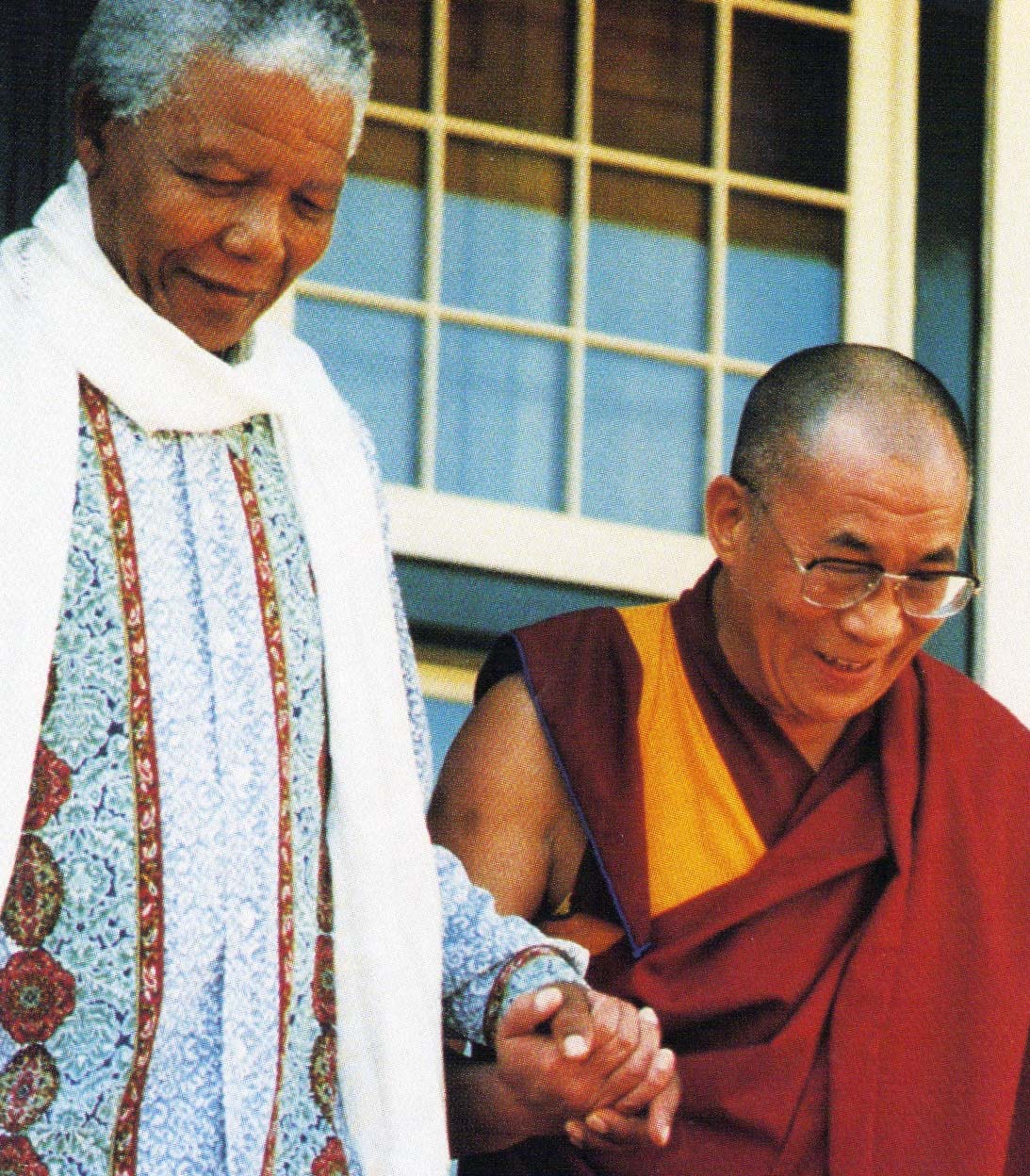It seems to me that this is perhaps the most fundamental question that we should be considering. But can we, though, even begin to answer it? If one were to correlate happiness with longevity, the conclusions of the "Blue Zone" studies would answer in the affirmative. In short, "Blue Zones" are the unique few global locations that have the longest-lived persons. These folks share some common characteristics, such as gardening and walking, knowing their purpose for focus and how to relax, eating a plant-based diet (a lot of beans), and are moderate drinkers, belong to a faith community, celebrate their families, and "tribe" in close networks of support. Many of these "blue zone" folks live to be over one hundred and remain active while doing so!
But can one really be happy if he is living thusly while much of the rest of the world seems to be going to hell in a hand-basket?
Again, it seems to me that collectively we need to be "public" about the means for cultivating the ability to live in "soulful harmony". The Parliament of the World's Religions issued its Declaration "A Global Ethic" a number of years ago which still has value as we consider the conditions that make for the possibility of happiness. The Parliament listed "four irrevocable directives", they are: 1. Commitment to a culture of non-violence and respect for life; 2. Commitment to a culture of solidarity and a just economic order; 3. Commitment to a culture of tolerance and a life of truthfulness; and 4. Commitment to a culture of equal rights and partnership between men and women. One might conclude that these commitments fly in the face of power politics (and everything else), terrorism, mass shootings and incarceration, hate crimes, and the elevation of greed as a social virtue. However, if it is our goal to foster the cultivation of "soulful harmony" within and for oneself, within one's circle, and the expansion of that circle to all the world, then these commitments further elucidate the findings of the "Blue Zones".
Peter Maurin, co-founder of the Catholic Worker Movement with Dorothy Day, used to write and speak about "making it easier for people to be happy." Doesn't all of this boil down to whether or not we will summon the will to strive to re-shape our environments to facilitate the possibility for happiness -- for everyone with whom we live? Is there a first step more needed than that of building within our own lives empathy and wisdom?
Empathy is the learned ability -- through the examples of others -- as how to recognize the suffering of still others as one's own, and then the will to move ahead to ease that suffering: this is also the only path into experiential wisdom (the only wisdom that really counts). If we can't summon the grace to care, why in the world would we pretend that we are following the teaching of Some Sublime Dude when he said that we are to love others as we love ourselves?

 RSS Feed
RSS Feed